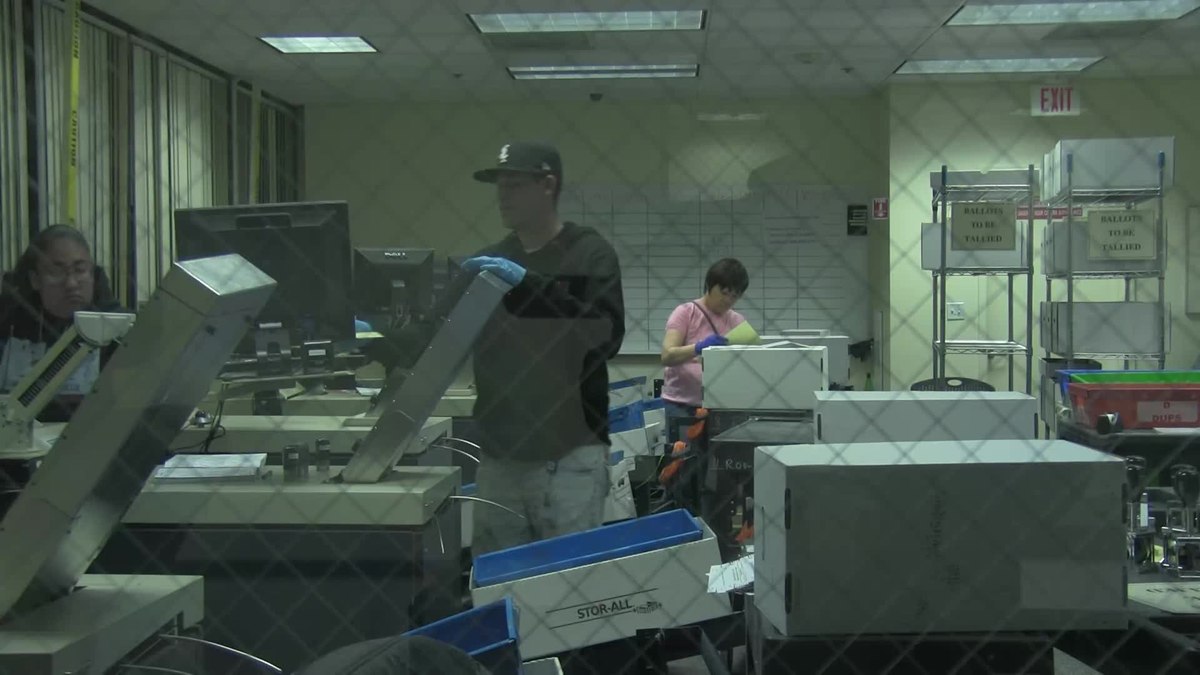
The voting system for the Mayor of London is set to change to first past the post from 2024, matching what is currently used for general elections. This is a move away from the more proportional system used currently, supplementary vote, which essentially allows voters to rank their top two preferences for Mayor, and if after the first round of votes no candidate has more than 50%, all candidates except the top two are eliminated and second preference votes are counted. This system enables a result that is satisfactory to a greater proportion of the electorate, as the majority of people will have one of their preferred candidates, unlike under first past the post where only a plurality is needed.
By comparison, first past the post is relatively simple. You vote for your preferred candidate, then whoever gets the most votes wins your constituency, and the party who wins the most constituencies wins the election.
This sounds fair enough until you look at how this tends to play out in reality. A ‘safe seat’ is where only one party stands a chance of winning, and so the votes for other parties are worth less than in other constituencies because the winner of the general election isn’t the party with the most votes, it’s the one with the most seats. Conversely, in a less secure seat, you can have the vote split very heavily, resulting in a winner who does not represent most of the constituency- this is illustrated by the 2015 Belfast South election whereby the winner only got 25% of the vote, meaning that 75% of voters in the constituency had their vote mean very little for the final result of the general election as a whole. As a result of this potential, a very clear democratic deficit is created as a great deal of people’s views may not at all be represented in Parliament purely because they live in a safe seat or simply because their preferred party didn’t win their seat and they don’t feel they can trust in their MP to fight for them.
This is so bad that, at the extreme end of the issue, the overall winner of the general election may not have even won the popular vote- such as in 1951 when Labour won 200,000 more votes but still had fewer seats than the Conservatives. In fact, even when the winning party got more votes than the others, the election isn’t always fair. In 2015, the Conservatives got a majority of seats but only 37% of the vote, meaning that not even half of the country actually voted for the government. This result wasn’t even an outlier: since 1970, no government has had more than 45% of the vote. In other words, since 1970, there hasn’t been a government that most people have actually voted for.
Put simply, first past the post doesn’t work. Of course, to say that it doesn’t work depends on what it actually aims to do, but it is known to contribute to voter apathy, damaging turnout, and also representation. It’s hard to imagine a world in which those don’t qualify the system as a failure.
We can also see the failings of first past the post in the role it plays in creating an apathetic electorate. If you live in a safe seat and your preferred party has no chance of winning, your options are basically either to tactically vote for a party that you dislike less than the likely winner, or you have to vote for who you want, knowing that the impact is next to nothing. Unsurprisingly, this hopelessness has a tendency to breed apathy, further contributing to the democratic deficit by discouraging voter turnout. This can be proven by looking at turnout in elections with other electoral systems, such as STV which has been known to have 13% higher turnout.
Overall, it is abundantly clear that first past the post is deeply flawed, so the fact that it is being expanded into London without the consent of Londoners is catastrophic, and perhaps even symbolic of the issue. First past the post is not a democratic system- it allows the victory of parties that not even half of people like and encourages people in safe seats not to vote. For the system to be undemocratically thrust upon a city could not be a more fitting way of introducing the system. In 1998, 72% of people voted for the system currently used to elect the Mayor, yet first past the post has given the government the power to simply get rid of it with no need to consult the people and without having even won most London seats in the election, purely because the Conservatives have a majority in Parliament. There are plenty of alternatives to first past the post already in use in the UK, so it isn’t as if there’s no alternative. The unfortunate truth is that first past the post benefits the two main parties by encouraging a two-party system, so change is unlikely to come from them, but that hasn’t stopped campaigns for electoral reform from cropping up, so perhaps one day we can see some positive change.



Average Rating